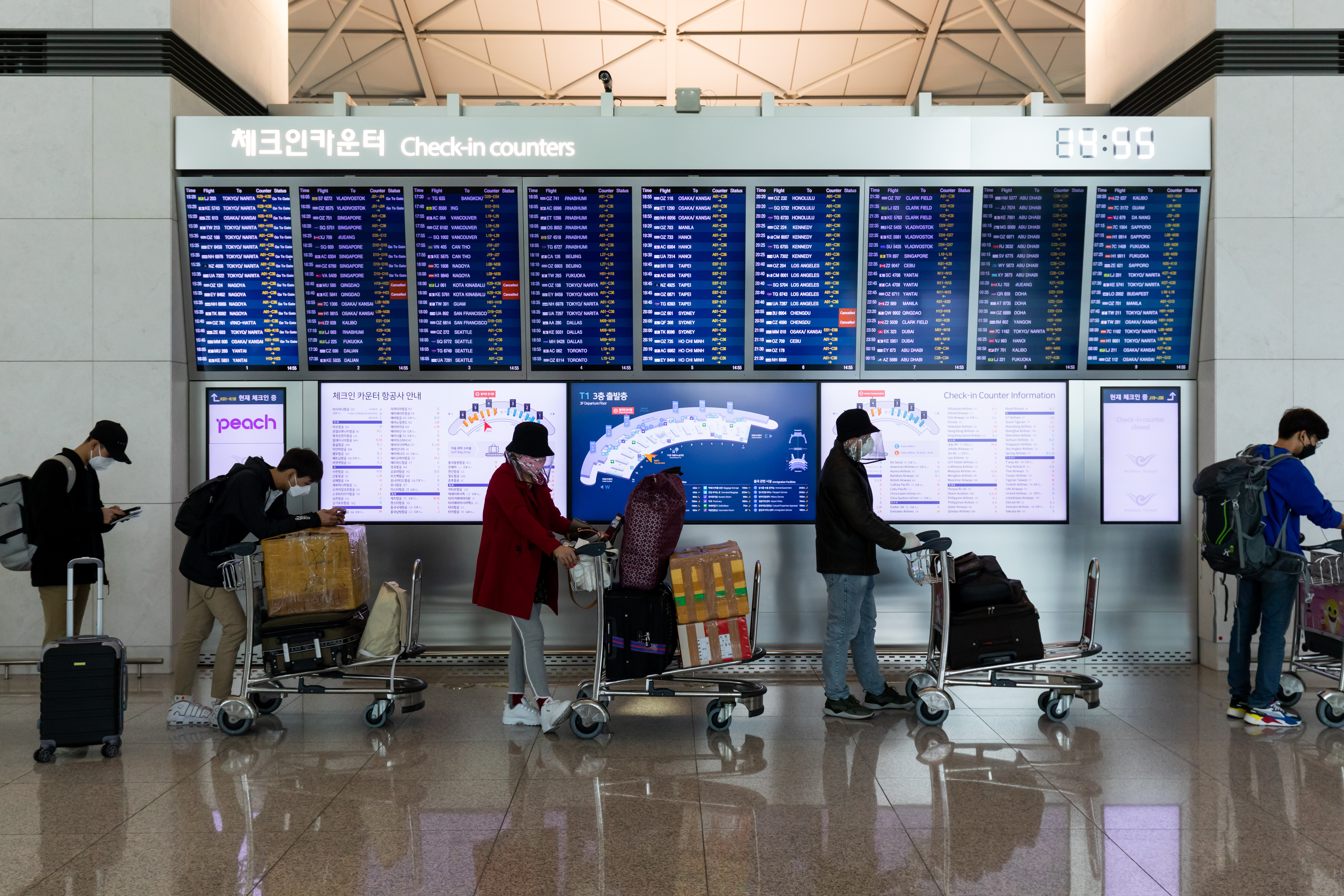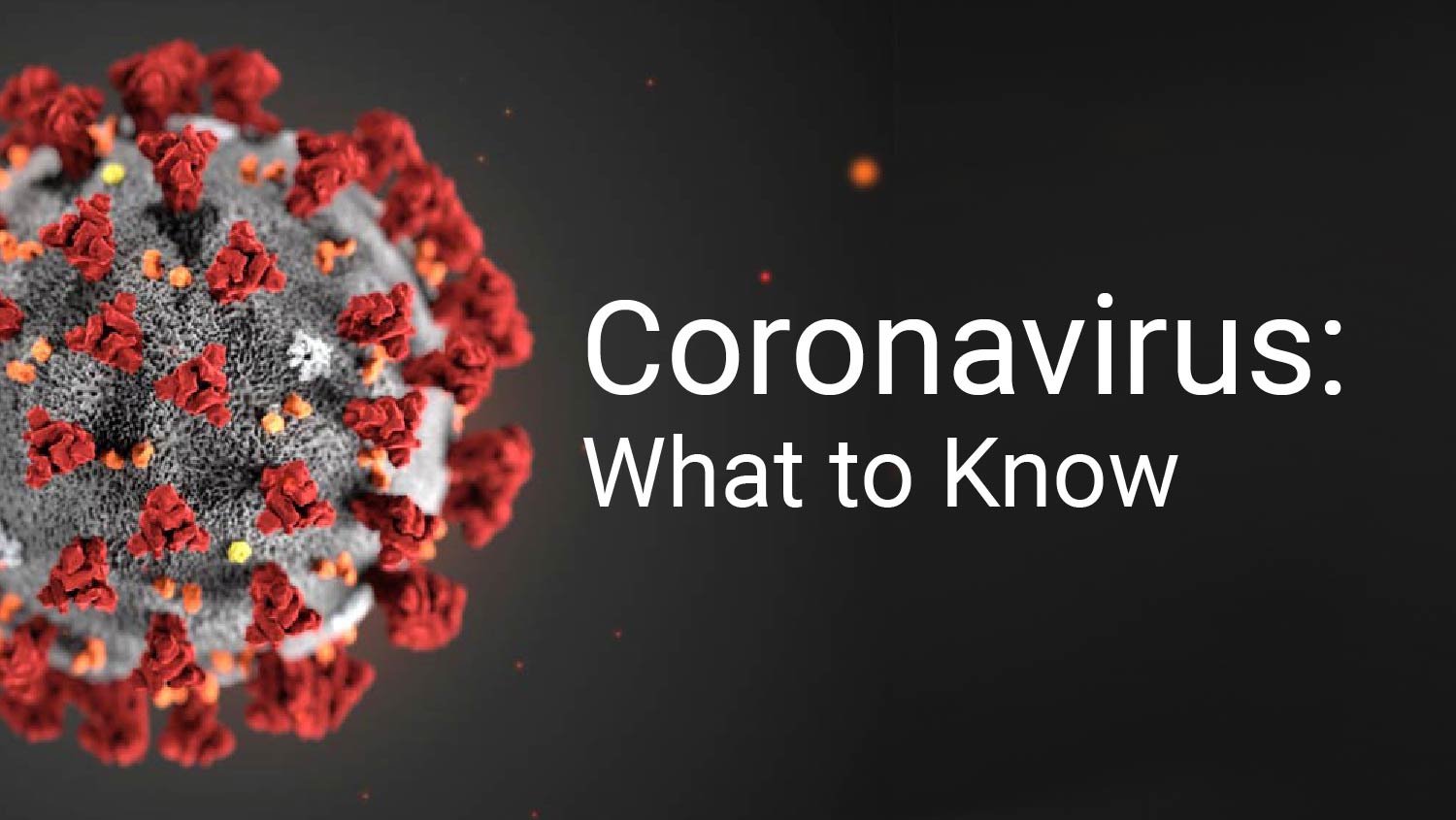President Donald Trump has tested negative for the new coronavirus, according to the president's personal physician.
The White House released the test results Saturday night after Trump told reporters hours earlier that he had taken the coronavirus test, following days of resisting being screened despite the fact that he had been in recent contact with three people who have tested positive for the virus, including members of the Brazilian president's delegation who visited with him at his Florida resort.
“One week after having dinner with the Brazilian delegation in Mar-a-Lago, the President remains symptom-free,” Sean Conley, the president’s physician, said in a memo.
Trump told reporters at a White House briefing on Saturday that he had his temperature taken and it was “totally normal,” shortly before stepping into the room to discuss the government’s efforts to halt the spread of the virus. The pandemic has now infected more than 2,200 people in the U.S. and caused at least 50 deaths.
Get top local stories in Connecticut delivered to you every morning. >Sign up for NBC Connecticut's News Headlines newsletter.
The president had multiple direct and indirect contacts with people who have since tested positive for the virus, including three people he spent time with last weekend at his Mar-a-Lago club in Florida.
The Brazilian Embassy in Washington said late Friday that the country’s chargé d’affaires, Nestor Forster, tested positive after sitting at Trump’s dinner table. So, too, have a top aide to Brazilian President Jair Bolsonaro, who took a photo with Trump and attended a party with him, and another person who attended a campaign fundraiser with the president that Sunday, according to two Republican officials who spoke on condition of anonymity in order to discuss private health matters.
Trump, after days of insisting that he was not exhibiting symptoms of the virus, relented after being pressed by reporters about his resistance to testing when multiple lawmakers and countless citizens across the country who have had the same degree of exposure have not only tried to get tested, but also chosen to try to avoid potentially infecting others.
The president, according to two people close to the White House, had been reluctant to take the test for fear it would project weakness or worry. Trump has wanted to appear in full control during the crisis, and had expressed concerns that taking personal steps could undermine that appearance.
Trump came into office as self-described germaphobe who tried to avoid handshakes as he conducted his real estate business. But he acknowledged Saturday that he’s now finding it difficult to resist shaking hands, a habit that he says he’s picked up since becoming a full-time politician.
At a news conference Friday to announce he was declaring a national emergency, Trump eagerly shook the hands of several corporate executives, even though health policy experts on White House coronavirus task force have urged Americans to avoid physical contact to help stem the spread of the virus.
“People come up to me, they shake hands, they put their hand out,” Trump said. “It's sort of a natural reflex, and we're all getting out of it. All of us have that problem.”
The White House is stepping up efforts to try to keep the virus at bay.
On Saturday, the White House announced that it is now conducting temperature checks on anyone who is in close contact with Trump and Vice President Mike Pence, including reporters who attend a White House briefing and anyone entering the Oval Office.
Pence also wrote a memo to White House staff Saturday reminding them to take precautions such as avoiding physical contact, washing hands frequently and staying home when sick.
“It’s imperative each one of us do our part to take the proper precautions to keep ourselves and our colleagues safe,” Pence wrote. “As an employee aboard the White House Complex, we have an additional duty to protect the health of our Executive Branch and those working with us.”
Dr. Deborah Birx, who is helping coordinate the U.S. response to the outbreak, noted that testing results reflect a snapshot in time and that it’s crucial for people to maintain precautions.
Coronavirus Outbreak Coverage
“When you get a negative test, that means you're negative that day,” Birx said. “That doesn't mean that you couldn't get the virus spreading overnight, because it replicates in your nose and your nasal secretions, and you would have a positive test tomorrow.”



